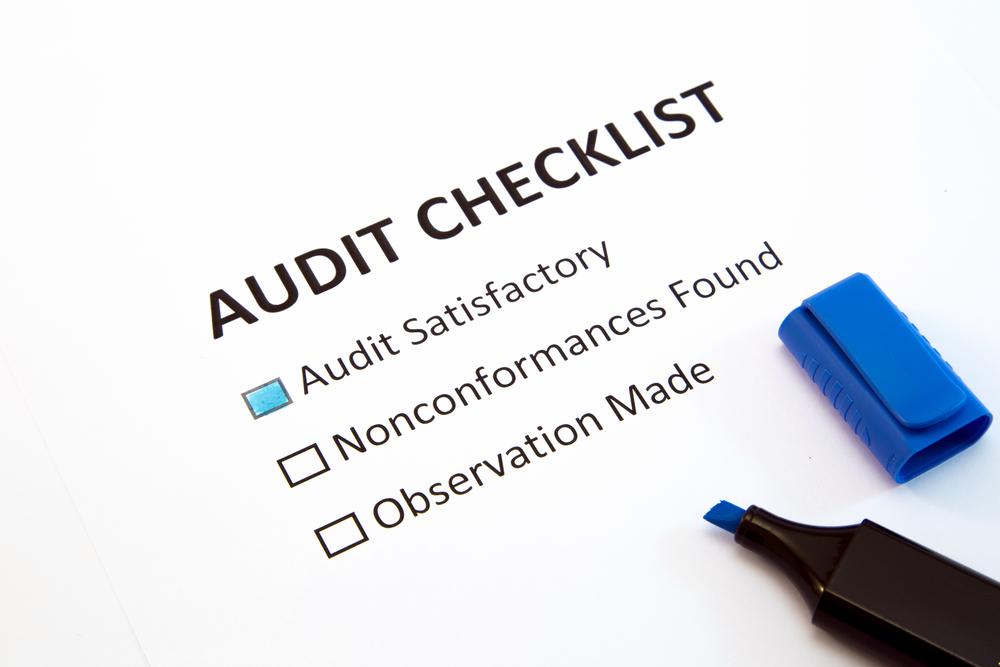What Happens with Non-Compliance to ASC 842 Lease Accounting

Non-compliance with the ASC 842 lease accounting standard can have several negative impacts on a company, including the following:
- Financial statement misrepresentation: Failure to comply with ASC 842 may result in inaccurate representation of a company's financial position. The balance sheet might not properly reflect the company's lease liabilities and right-of-use assets, leading to misleading financial information for investors, lenders, and other stakeholders.
- Audit issues: Non-compliance with ASC 842 can lead to audit complications and increased scrutiny from auditors. This may result in additional time and resources spent on addressing audit findings, which can be costly and time-consuming.
- Regulatory penalties: Companies that fail to comply with ASC 842 may face penalties from regulatory authorities such as the SEC. These penalties can include fines, sanctions, or even legal action, which can be damaging to a company's reputation and financial stability.
- Loss of investor confidence: Non-compliance with ASC 842 can undermine investor confidence in a company's financial reporting and management. This may lead to a decline in the company's stock price, difficulty in raising capital, or even shareholder lawsuits.
- Increased borrowing costs: Lenders may view a company's non-compliance with ASC 842 as a sign of poor financial management or increased risk. This could result in higher borrowing costs, such as increased interest rates or more restrictive loan terms.
- Strained relationships with stakeholders: Non-compliance with ASC 842 can negatively impact relationships with various stakeholders, including investors, lenders, customers, and suppliers. Stakeholders may question the reliability of a company's financial reporting and overall management, leading to potential loss of business opportunities or partnerships.
- Internal control weaknesses: Failure to implement and maintain the necessary internal controls to ensure compliance with ASC 842 can expose a company to risks associated with inaccurate financial reporting, fraud, or mismanagement.
In summary, non-compliance with the ASC 842 lease accounting standard can have significant negative consequences for a company, including financial statement misrepresentation, audit complications, regulatory penalties, loss of investor confidence, increased borrowing costs, strained relationships with stakeholders, and internal control weaknesses. It is essential for companies to invest the necessary resources and effort to ensure compliance with ASC 842 to avoid these negative impacts.



